Международен съвещателен борд
Представяне по теми
-
-
Members of the Advisory Board
Prof. Jean-Pierre Descy - Université de Namur, BelgiumProf. Plamen Atanassov - University of California, Irvine, USA
Prof. Gilles Rouet - Université Paris Saclay, France
Prof. Anna Guerrero Roldán - Universitat Oberta de Catalunya, Spain
Prof. Dr. h.c. Wolfgang Schmale - University of Vienna, Austria
Prof. Dimiter Angelov - Harvard University, USA
Prof. Barbara Klajnert-Maculewicz - Department of General Biophysics, University of Lodz, Poland
Prof. Jonatan Jones - UK Met office, UK
Prof. Dr. Thomas Walther - Technical University of Darmstadt, Germany
Prof. Julita Vassileva - University of Saskatchewan, Canada
Prof. Girolamo Giordano - University of Calabria, Italy
Prof. Georgi Georgiev - IJCLab, Orsay, France
Prof. Helena Freitas - Centre for Functional Ecology, University of Coimbra, Portugal
Prof. Irina Todorova - Northeastern University, Boston, USA
Prof. Dr. Benedikt Schnellbächer - Saarland University, Germany
Prof. Dr. Moritz Kassmann - University of Bielefeld, Germany
Prof. Dr. Ulrich Pfisterer - Ludwig Maximilian University of Munich/ Zentralinstitut für Kunstgeschichte, Germany
Prof. Dr. Zbigniew Palmowski - Wroclaw University of Science and Technology -
Prof. Dr. Ulrich Pfisterer
Ulrich Pfisterer has been Professor of Art History at Ludwig Maximilian University of Munich since 2006. In June 2015, he was named Director of the Zentralinstitut für Kunstgeschichte / Central Institute for Art History (www.zikg.eu). He has been involved in several research projects – currently he is one of the directors of the Berlin-Brandenburg Academy project „Thesaurus Antiquitatum“ which studies drawings and prints after the Antique in the 17th and 18th centuries (https://thesaurus.bbaw.de/de).
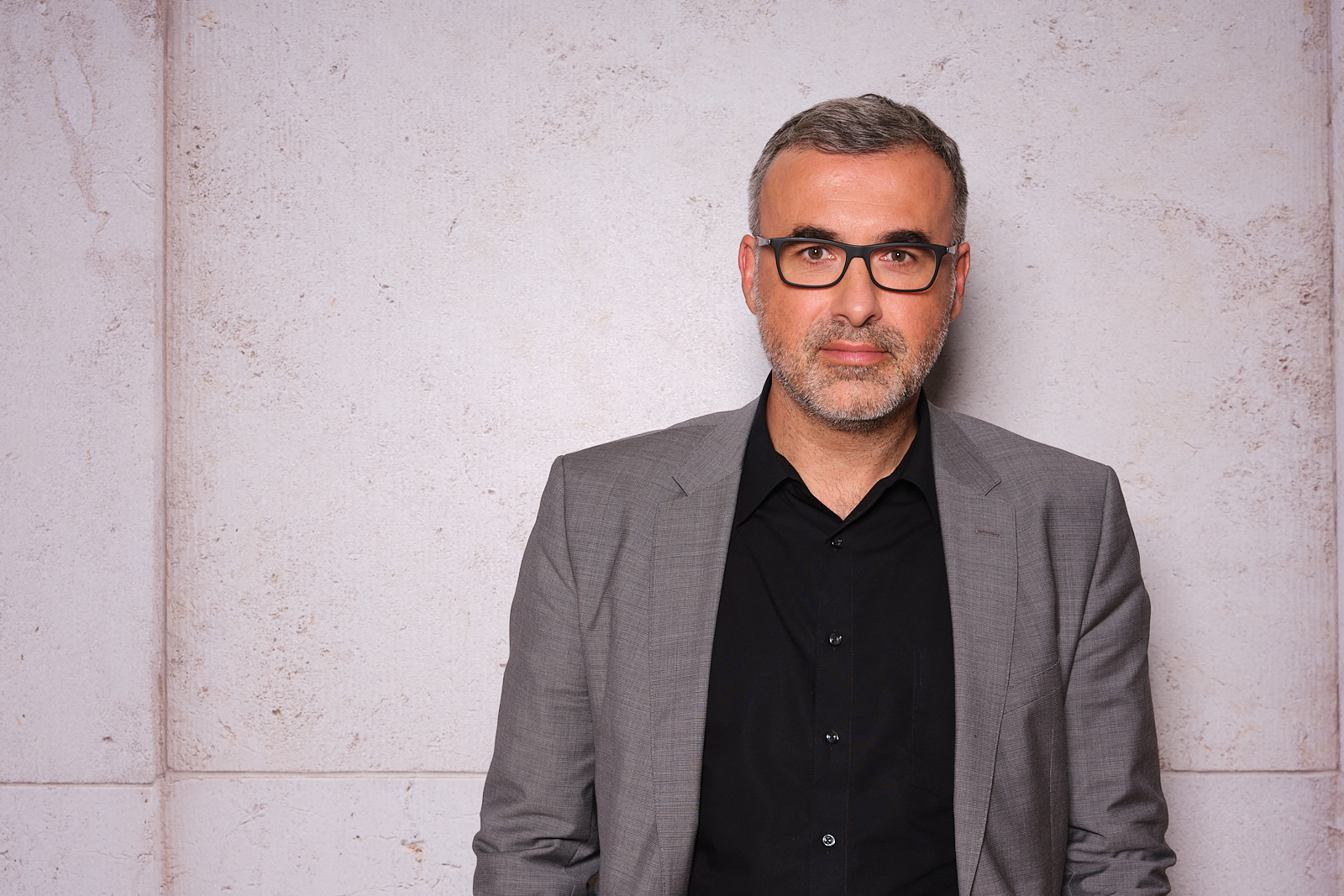
-
Prof. Dr. Thomas Walther
Thomas Walther serves as the Vice President for Innovation and International Affairs of Technical University of Darmstadt since January 2023.
He studied Physics at the Ludwig-Maximilians-University, Munich. After receiving his Diploma, he moved to the Institute for Physical Chemistry at the University of Zürich, Switzerland where he received his Ph.D. under the supervision of Prof. Dr. J. Robert Huber. He then joined the Physics Department of Texas A&M University as an Assistant Research Scientist in November 1994 with Edward S. Fry, and became an Assistant Professor in July 1998. Since January 2002, he is a Full Professor of Experimental Physics at Technical University of Darmstadt.
His research interests are in laser physics, spectroscopy and quantum optics. Currently, his group is working on projects in environmental sensing, laser development, lasing without inversion, laser cooling at accelerators, laser trapping of neutral mercury, triplet solvation dynamics and quantum key distribution networks.
He has authored and coauthored more than 100 papers as well as more than 250 conference contributions.
Thomas Walther also serves as Director of the Forum of Interdisciplinary Research (FiF) at TU Darmstadt and is chairperson of the Gerhard-Herzberg-Gesellschaft. He is a full member of Deutsche Physikalische Gesellschaft, the American Physical Society, the American Geophysical Union, The Oceanographic Society and Optica.
Contact:
Affiliation: Inst. for Applied Physics, Technical University of Darmstadt, Schlossgartenstr. 7, D-64289 Darmstadt
thomas.walther@physik.tu-darmstadt.de


-
Gilles Rouet, PhD, Hab. is Professor of Public Management and Head of the Institute of Management, IAE Versailles St-Quentin-en-Yvelines, Paris-Saclay University, since 2014.
He was Scientific and Academic Cooperation Attaché at the French Embassies in Slovakia (2004-2008) and Bulgaria (2010-2014), and Coordinator of several European programs, including a twinning program dedicated to higher education reform in Georgia (2009-2010). Since 2009, he holds the Jean Monnet ad personam Chair for interdisciplinary studies on the European Union.
He has organized or co-organized more than forty conferences in ten different countries since 2009, published over fifty books and over two hundred and forty articles or chapters in scientific works, in particular about Communication, European Identities, Public Management, Management of HEIs, European Neighbourhood Policy and Democracy in EU. He is associate deputy editor of Gestion et Management Public, the leading French journal of public management, and a member of the editorial board of Hermès, CNRS, the world’s leading French-language journal of communication, for the axis “political communication”. He is a regular contributor to several European journals of political science, international relations and management, and a member of ASPA (American Society of Public Administration) and of KAPA (Korean Association of Public Administration).
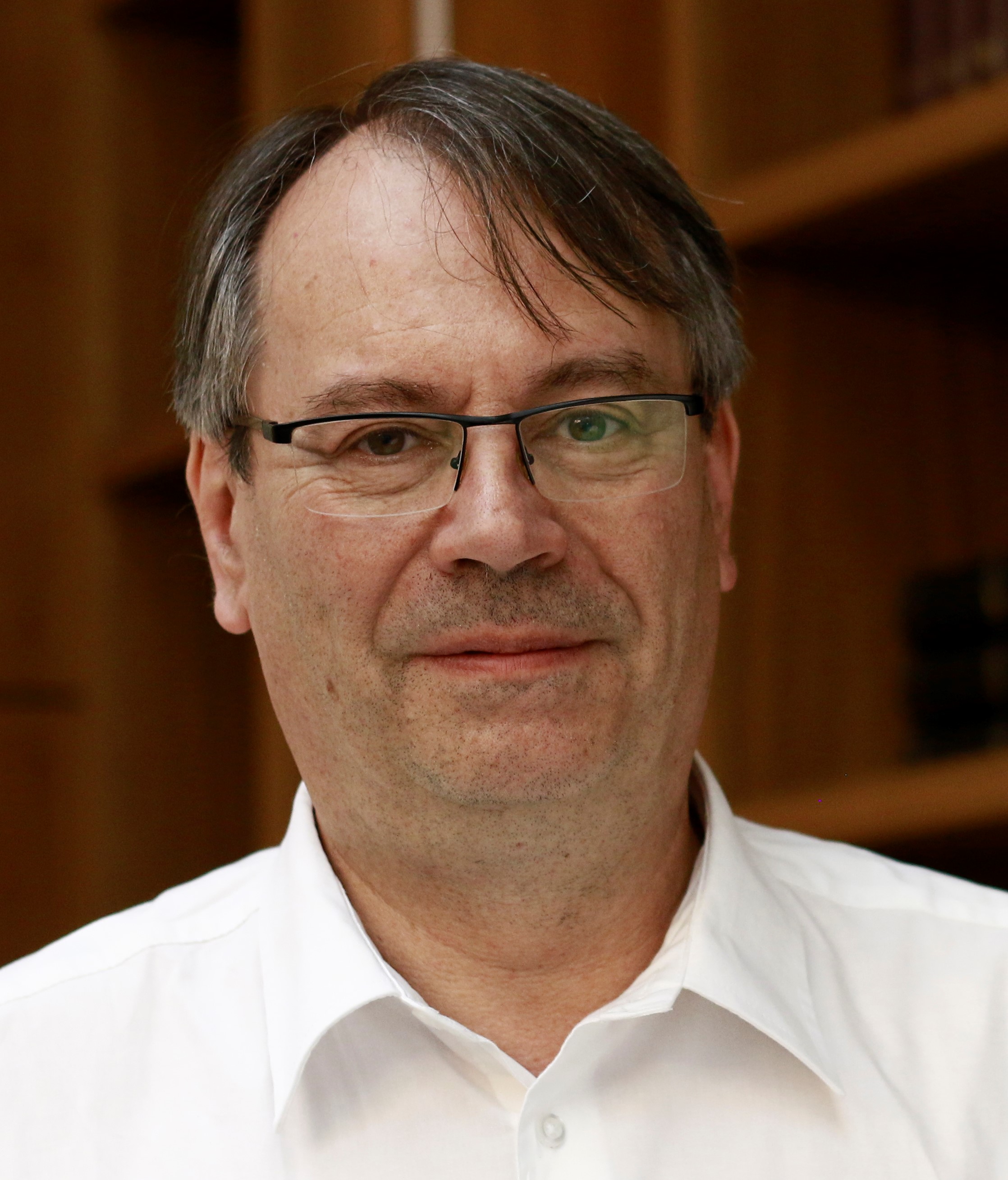
-
Plamen Atanassov is a Chancellor’s Professor of Chemical & Biomolecular Engineering, University of California Irvine, where his research focuses on development of non-platinum electrocatalysts for fuel cells, nano-structured platinum-based catalysts and advanced supports, catalysts for CO2 electroreduction and products valorization, ammonia electrosynthesis and new materials and technologies for energy conversion and storage. He is participating the effort to build California’s hydrogen hub by serving on the executive team for Alliance for Renewable Clean Hydrogen Energy Systems (ARCHES) and interfacing with hydrogen technology demonstration and research efforts regionally and Nation-wide. Plamen Atanassov was inducted in the National Academy of Inventors, and he is a Fellow of both: The Electrochemical Society and the International Society of Electrochemistry, for which he is the current President-elect.

-
Benedikt Schnellbächer is junior professor at the Faculty of Human and Business Sciences at USAAR and head of the chair of Business Management and Digital Transformation in Entrepreneurship. The focus of his research revolves around how prospective founders create digital startups and how individuals in established organizations can explore and exploit technological opportunities for digital transformation. Two pronounced themes of Benedikt Schnellbächer’s research are how entrepreneurs design and develop digital business models and how organizational structures can be designed to enable individuals to enact technological change and thus long-term success. To examine these topics and also further them in practice, he collaborated in research projects with partners in this area (e.g. CISPA Helmholtz Center for Information Security, Ministry of Health, Social Affairs, Women and the Family). His work received several renowned awards, such as the Academy of Management Conference Best Paper Award and was published in highly ranked publications such as the Journal of Technology Transfer, Business Strategy and the Environment, International Journal of Innovation Management and the European Management Journal.
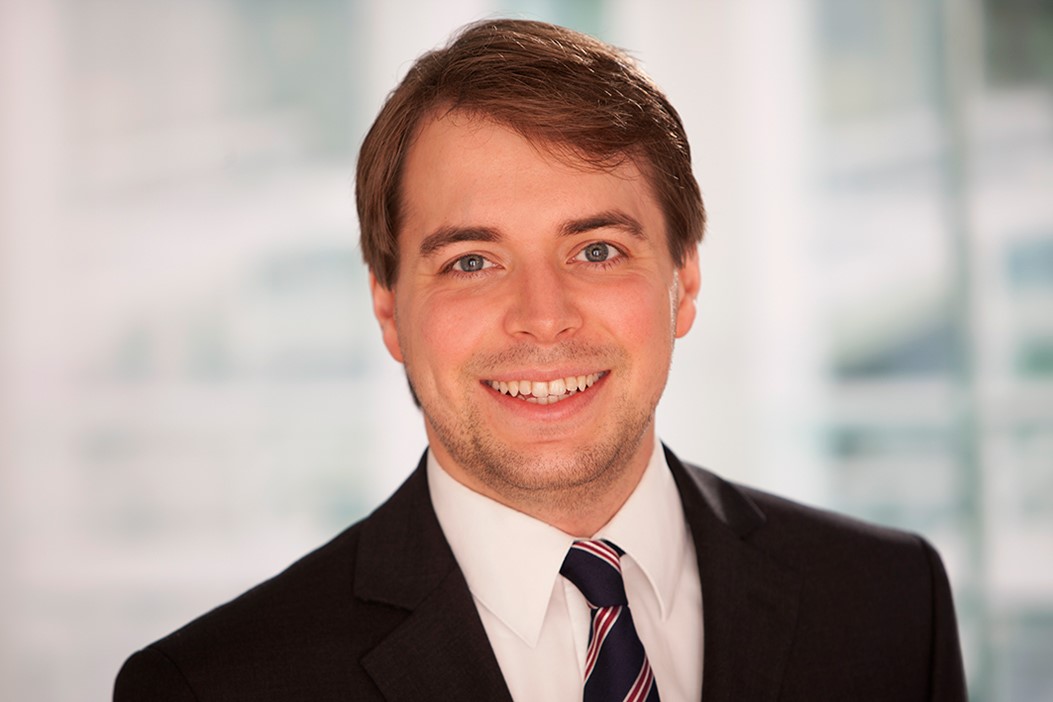
-
Barbara Klajnert-Maculewicz graduated from the Lodz University of Technology and earned her Ph.D. in biophysics in 2002 from the University of Lodz. Then she held a postdoc position at McMaster University in Ontario, Canada, from 2004 to 2005. Currently, she holds the position of full professor at the University of Lodz, the Faculty of Biology and Environmental Protection. From 2014 to 2020, she served as an external scientific member at Leibniz-Institut für Polymerforschung Dresden e.V., Germany.
Her research focuses on nanomedicine, particularly exploring the biological properties and biomedical applications of dendrimers and other nanosystems. She has co-authored 2 books and 160 articles in international journals (e.g. Progress in Polymer Science, Chemical Society Reviews, Nano Research, Biomacromolecules, ACS Applied Materials & Interfaces, Nanomedicine: Nanotechnology Biology Medicine, and Journal of Controlled Release). Her articles have been cited more than 5000 times and her h-index is 45.
Between 2009 and 2012, she chaired the Management Committee of the COST Action TD0802 “Dendrimers in Biomedical Applications” and later coordinated the COST Action CA17140 “Cancer Nanomedicine – from the Bench to Bedside”. From 2016 to 2020 she held a position on the Scientific Policy Committee, an advisory body of the Polish Ministry of Science and Higher Education. From 2020 she is a member of the Council of the National Science Centre – a government agency supporting basic research in Poland. In 2008, she was awarded the L’Oréal-UNESCO Fellowship for Women in Science.
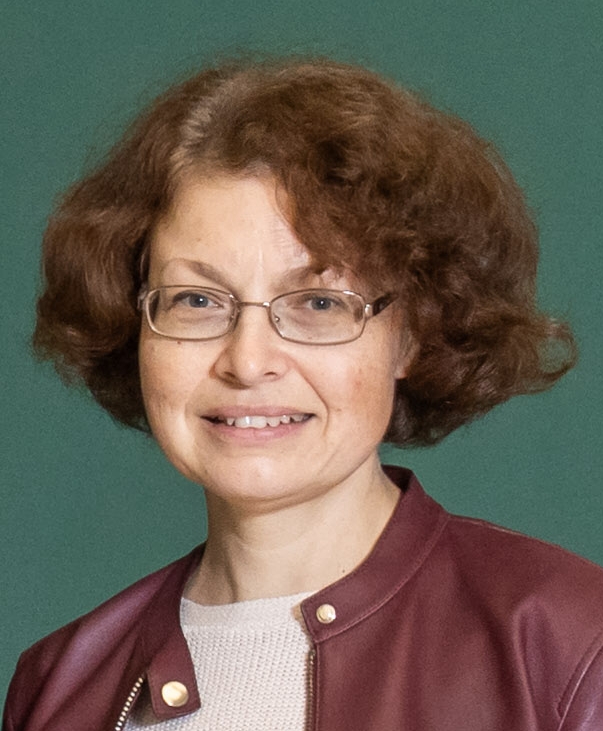
-
Helena Freitas received her PhD in Ecology from the University of Coimbra, in collaboration with the University of Bielefeld, Germany, in 1993, and did postdoctoral studies at Stanford University, USA, between 1994 and 1996. She is Full Professor of Biodiversity and Ecology at the Department of Life Sciences of the Faculty of Sciences and Technology of the University of Coimbra since 2003 and holds the UNESCO Chair in Biodiversity and Conservation for Sustainable Development since 2014.
She was Vice-Dean of the University of Coimbra between 2011 and 2015, with Institutional Relations, Museums and Sports, Director of the Botanical Garden of the University of Coimbra from 2004 to 2012, having prepared and coordinated her requalification program, President of the League for the Protection of Nature (1999 (2002-2005), founder and President of the Portuguese Society of Ecology (2004-2013) and Vice- President of the European Society of Ecology (2009-2012). She is currently Coordinator of the Center for Functional Ecology - science for people and the planet (cfe.uc.pt), Scientific Coordinator of FitoLab - Phytosanitary Laboratory of the Pedro Nunes Institute (https://www.ipn.pt/laboratory / FITOLAB) and Board member of the Directors of the Associated Laboratory TERRA - Laboratory for the Sustainability of Land Use and Ecosystem Services, approved in 2021. In July 2019 she was selected to join the Mission Board for Climate Change Adaptation, including Societal Transformation from the European Commission and in August 2019 she was nominated Focal Point for Portugal in IPBES – Intergovernmental Platform for Biodiversity and Ecosystem Services. She is a member of the advisory board of the European Climate Risk Assessment – EUCRA and member of the Scientific Council of FCT/Ministry of Science and Technology and Higher Education. She is President of the Advisory Board of the Business Council for Sustainable Development. She is the Director of Serralves Park, in Porto.
The scientific areas of specialty are related to: Ecology; Mediterranean Ecosystems; Forest and Agriculture; Ecology and Management of exotic and invasive species; Conservation of Nature, Biodiversity; Physiology of the tree; Diversity of Plants and Fungi; Tolerance to Stress and Bioremediation; Environmental policy; Bioenergy; Conservation of Nature; Microbial ecology; Ecology and Society.
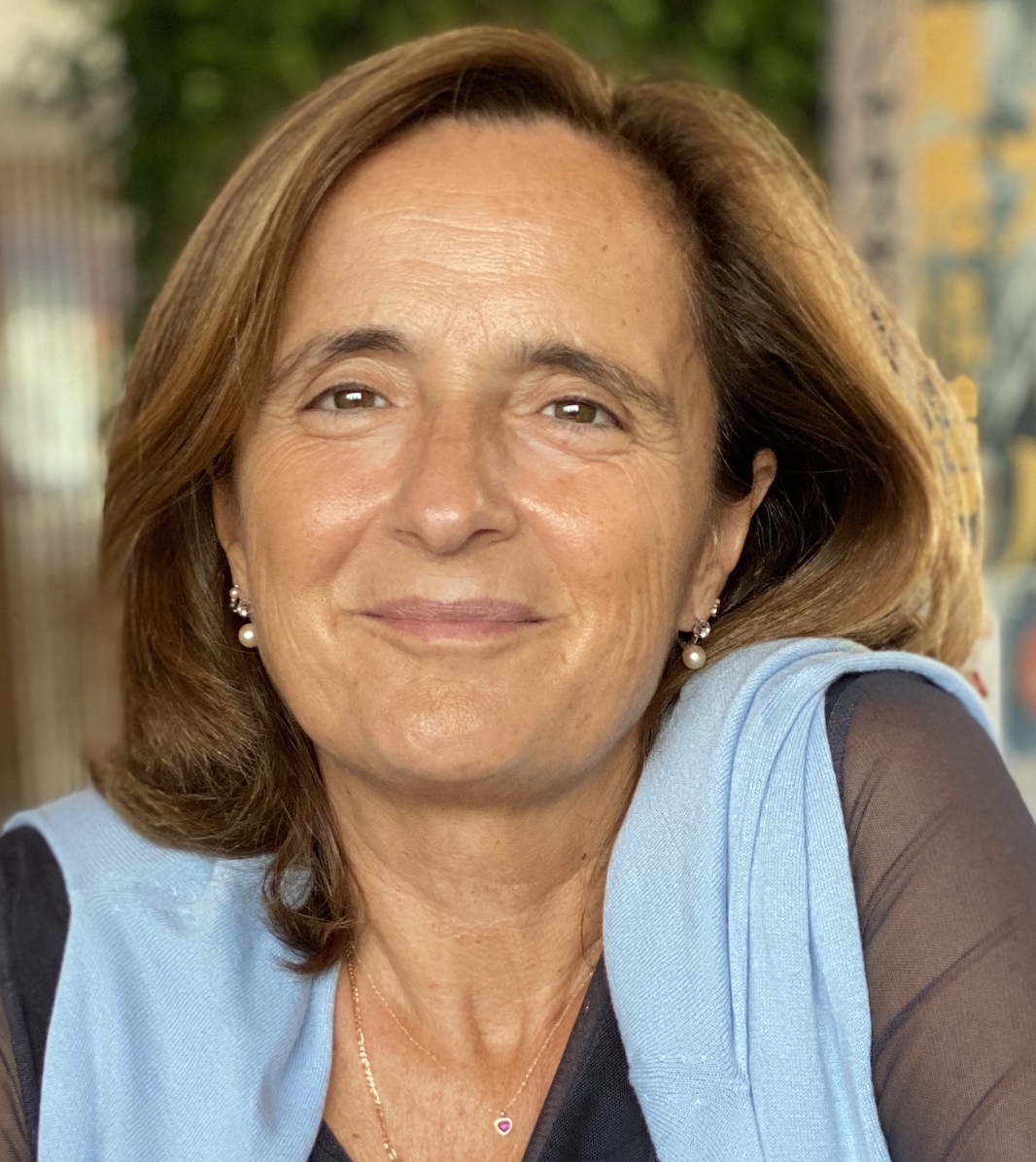
-
Dimiter Angelov - I am Professor of Byzantine History at Harvard University and Senior Fellow at the Dumbarton Oaks center for Byzantine, Pre-Columbian, and Garden and Landscape Studies in Washington. This academic year (2023–24), while on regular sabbatical leave from my university, I am a visiting Wolfgang Fritz Volbach Senior Fellow at the University of Mainz. Raised in Bulgaria, I went on to pursue university studies in history, classics, and political science in the US. For one decade before assuming my current position at Harvard University, I was a Research Fellow, Lecturer, and Professor of Byzantine history at the University of Birmingham in the UK. My research and teaching interests are broad and ever evolving. They include the politics and intellectual life of the Byzantine Empire, the medieval Greek reception of the ancient philosophical and literary tradition, the place of Byzantium as a bridge between historical eras and geographical areas, and cultural and political discourses on Byzantium in the modern period. My most recent book was a historical and intellectual biography of the Nicaean emperor and highly original thinker Theodore II Laskaris. Its sequel, an anthology of commented English translations, is forthcoming from Dumbarton Oaks Publications.
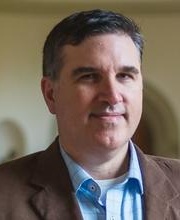
-
Dr. Wolfgang Schmale, born in Würzburg (Germany) 4 April 1956, has been Full Professor (Ordinarius) for Modern and Contemporary History at Vienna University from February 1999 to September 2021. He retired with 1 October 2021. He started his academic carrier as Maître de conférences associé at François-Rabelais University, Tours (France). He then worked at Ruhr-University Bochum, Ludwig-Maximilians-University, Munich, Technical University, Braunschweig (all Germany), University of Graz (Austria). He has been invited lecturer or guest-professor at the Hebrew University, Jerusalem (2006, 2010), University of Paris 1 Panthéon-Sorbonne (2007) and Kliment Ohridski University of Sofia (2015). This university awarded him an honorary doctorate in 2021. In November 2010, and October/November 2016, he has been Directeur d’études associé at the Maison des sciences de l’homme, Paris (France).
He has been elected member of the European Academy of Sciences and Arts in 2016, of Academia Europaea (London) in 2017 and of the Academic Committee of the House of European History (Brussels) in the same year. He has been President of the Austrian Society for Eighteenth-Century Studies (2001-2012), and Secretary General of the International Society for Eighteenth-Century Studies (Oxford) from 2015 to 2019 (member Executive Committee from 2011-2023). At Vienna University he has been chair of the Institut für Geschichte, he has been director of History Studies, and vice-dean for education of the Faculty of Historical and Cultural Studies. He also founded and directed several research platforms as well as third party funded research projects.
His main research areas are European History, History of the Enlightenment, History of Human Rights, Gender History and Digital Humanities. His book “History of Europe” (Vienna 2000, Pb. 2001, has been translated into Serbian, 2003, into Bulgarian, 2005, and into Korean, 2006). He recently published „Societal Orientation. Global History of „the Enlightenment“ from the 19th to 21st Century) (Stuttgart 2021; 2023 i.e. translation into Serbian). Weblog: wolfgangschmale.eu. For a complete list of publications, advisory boards etc. see the ORCID-record: https://orcid.org/0000-0001-8772-341X.
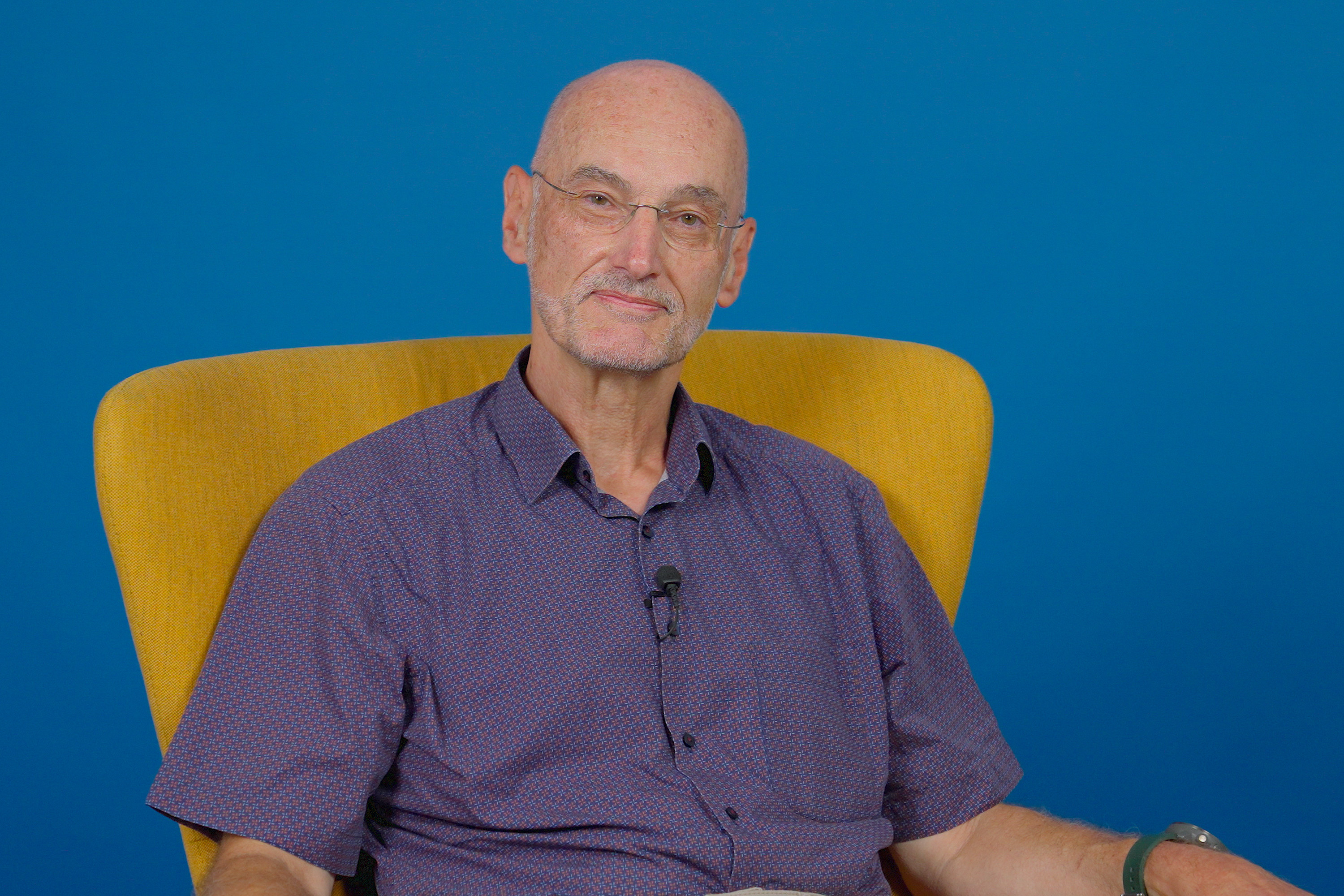
-
Name: Julita Vassileva
Affiliation: Computer Science Department, University of Saskatchewan, Canada
Brief bio: Dr. Julita Vassileva is a Professor and a leading researcher in the general area of human-centered AI. Her research has evolved from student and pedagogical modeling in intelligent tutoring systems, to user modelling and personalization in interactive systems, to multi-agent systems, peer-to-peer systems, trust and reputation mechanisms, and their application social computing systems. Her research over the last 15 years has focused on adaptive incentive mechanisms for participation in learning communities and personalized persuasive technology and behaviour change. She has authored over 300 publications which have been cited over 13,000 times (Google Scholar h-index=56). Dr. Vassileva is the founding Editor-in-Chief of Frontiers in AI: Human Learning and Behaviour Change and is member of the editorial boards of User Modeling and User-Adapted Interaction (UMUAI), ACM Transactions on Social Computing, International Journal of AI in Education, PeerJ-Computer Science, served previously on the editorial boards of IEEE Transactions of Learning Technologies, and Computational Intelligence. Dr. Vassileva has served as a member of the Executive Committee of the International AI in Education society, on the Boards of the International User Modeling Society (as secretary and vice-president for 10 years) and of the Canadian Computer Science Society.
She has supervised to completion over 50 MSc and PhD-level students and has received the University of Saskatchewan’s Distinguished Researcher Award (2021), the College of Arts & Science Distinguished Researcher in Science Award (2020), the Advising Excellence Award by the Graduate Student Association (2013) and the University’s Distinguished Graduate Supervisor Award (2014). She is also recipient of the YWCA-Saskatoon Woman of Distinction Award (2015).
Julita Vassileva (PhD, University of Sofia, Bulgaria) is Professor of Computer Science at the University of Saskatchewan. Her research area is user modelling and personalization with applications in social computing, education and health She has authored over 250 peer reviewed publications in these areas, many of which are well cited. She is the founding Editor-in-Chief of Frontiers in AI - Supporting Human Learning and Behaviour Change. She serves on the Board of CS-Can |Info-Can (the Canadian Computer Science Society) and was the ACM-W Ambassador for Canada. Dr. Vassileva held the NSERC/Cameco Chair for Women in Science and Engineering for the Prairies region and started a science outreach program for indigenous youth in the North, called “Science Ambassadors”. It has now completed 13 years of impactful activity in over 25 communities and has engaged over 25,000 indigenous youth in science. For her leadership and mentorship, she received the Saskatoon YWCA “Women of Distinction Award (Science and Research)” in 2015.
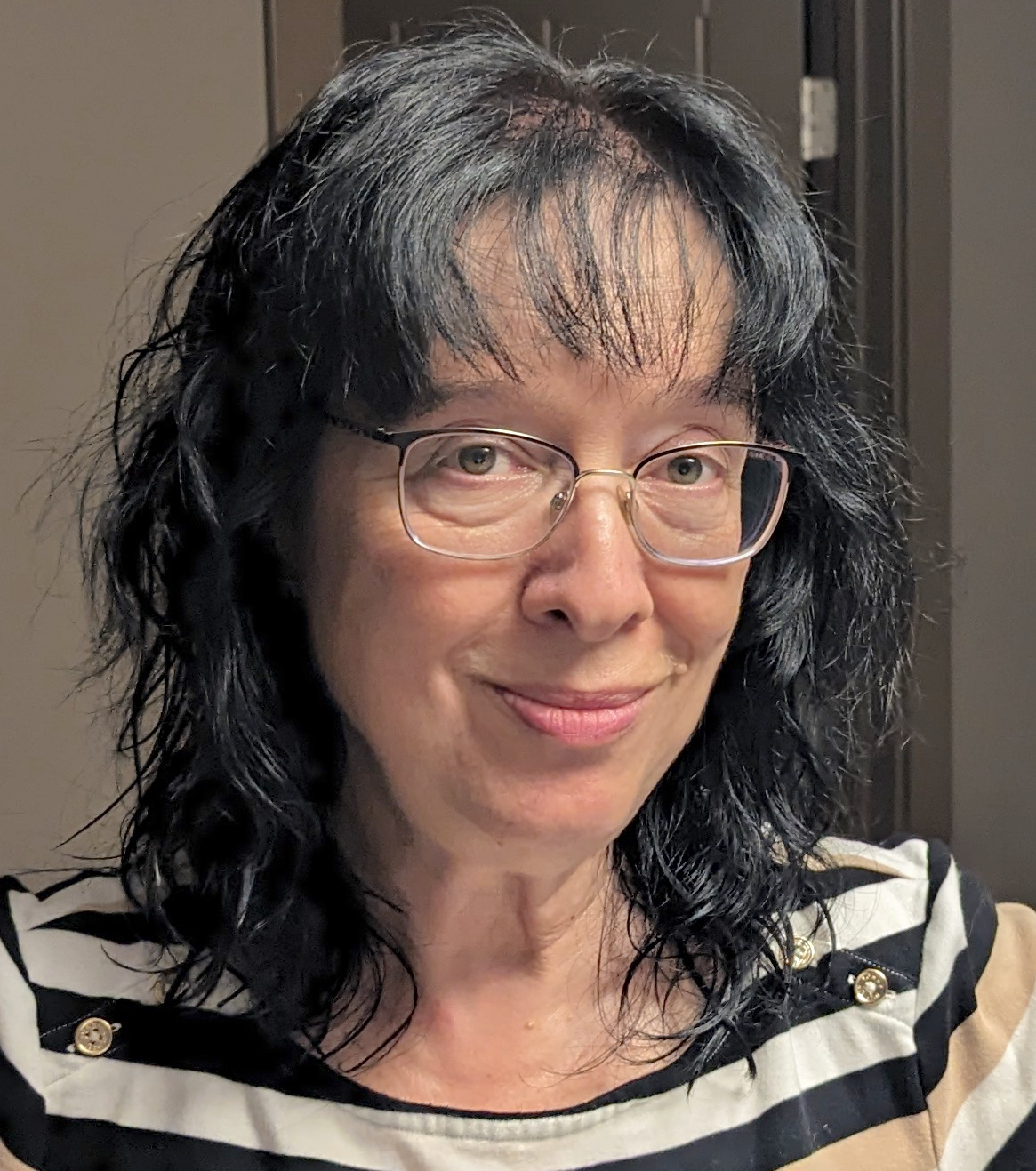
-
Girolamo GIORDANO – Chemical Engineering – Full professor
- Full professor of Industrial Chemistry at University of Calabria (Italy), Department of Environmental Engineering and Academician of the Academy of Science of Bologna Institute (Italy), Class of Physical Sciences. Honorary Professor of China University of Petroleum, Qingdao (P.R. China). In 2007 Visiting Professor University Pierre et Marie Curie, Paris (France); 2016 Visiting Professor University Montpellier (TOTAL Chair), Montpellier (France). From 2007 to 2012 Head of the Department of Chemical Engineering and Materials, University of Calabria, Italy. From 2012 to 2018 Head of the Department of Environmental and Chemical Engineering, University of Calabria, Italy. From 2010 to 2016 member of the Board of International Zeolite Association (IZA). From 2015 to 2021 President of FEZA (Federation of European Zeolite Associations). From 2018 member of the Board of Directors of ERIC (European Research Institute of Catalysis a.i.s.b.l.), Brussels- Belgium.
- Recent research interests are in preparation of nanoporous materials such as carbon nanotube, zeolite templating carbon (ZTC) and zeolites and application of these materials in catalytic conversion of CO2 to e-fuels, CO2 capture and sequestration and energy storage. Biomass valorization by catalytic processes and waste management.
- Author of more than 160 papers in scientific journals and 10 book chapters. Involved in many national and international scientific projects also as principal investigator.

-
Prof. Jean-Pierre Descy
My research interest is in ecology of microorganisms in freshwaters. I graduated in Botany at University of Liège, Belgium, I began my research career with a PhD on the ecology of benthic diatoms in lowland rivers and their use for monitoring water quality. In the beginning of the 1980s, I became involved in research on potamoplankton, in the framework of impact assessment of nuclear plants on the R. Meuse. This is when I began collaborating with a team of modellers and discovered these techniques.
In 1986, I moved to University of Namur and began teaching biology and ecology of algae and plants, while pursuing my research in potamoplankton. Later on I got involved in research on African lakes, with the supervision of a PhD in lake Muhazi, Rwanda, and with a first "discovery" of Lake Kivu in 1990. In 1996, I did a sabbatical at University of Wisconsin, Madison, where I learned everything on HPLC analysis of pigments.
The 2000s began with a research program on Lake Tanganyika and the coordination of the CLIMLAKE project, involving collaboration of the Belgian teams with African teams. At the same time, I went back to Lake Kivu and we started studying this lake. That's where our interest for picoplankton and heterotrophic protists, and the microbial loop, developed, with several projects carried out with my graduate and PhD students.I am still active at University of Liège, in the Chemical Oceanography Unit led by A.V. Borges, who is known internationally for his work on greenhouse gasses emissions, both from marine and freshwater environments. https://www.co2.uliege.be/cms/c_5622303/en/co2. Ongoing research is on ecology of great tropical lakes (e.g. Lake Edward, Lake Victoria, Lake Mai-Ndombe, Lake Albert, Lake Kyoga), in collaboration with teams from Belgium and abroad.
My expertise in algal ecology and biological assessment of water quality is still useful for the determination of the ecological status of water bodies, notably in the context of river restoration and of applied studies such as ecological impact of power plants.
Since I was a young boy, I have been fishing, mainly in rivers, using different techniques, from the worm to the fly, but I have specialised in fly-fishing since the 1970s: I tie flies and cast nymphs and dry flies in running waters.
More on https://researchportal.unamur.be/en/persons/jean-pierre-descy and
https://scholar.google.com/citations?user=tqGlNfMAAAAJ&hl=fr

-
Georgi Georgiev graduated as M.Sc. in Physics from the University of Sofia, Bulgaria. He did his PhD in KU Leuven, Belgium in 2001, before spending a few years as Post-Doctoral researcher at GANIL, Caen, France and at CERN, Geneva, Switzerland. He obtained a position at CNRS, France in 2005 and is presently a senior researcher at the “Laboratoire de Physique des 2 Infinis Irène Joliot-Curie” (IJCLab), Orsay, France. His main research topics are in the field of the structure of “exotic” nuclei. These include transition-probabilities and nuclear moments studies of isomeric and short-lived excited states using Radioactive Ion Beams (RIB) and nuclear spin orientation. He is presently the French representative in the ISOLDE Collaboration Committee (ISCC). He performs experiments at GANIL, ISOLDE, RIKEN and JYFL.

-
Ana-Elena Guerrero-Roldán is PhD in e-learning and technology from the Universitat Oberta de Catalunya (UOC); Bachelor of Pedagogy from Ramon Llull University and specialist in online education. She is also Master in Information and Knowledge Society. Since 2003, she is an associate professor at the UOC at Computer Science, Multimedia and Telecommunication department but also at Educational Science department. She focuses her research on the design of technology-enhanced systems for online education, focusing on e-assessment but also paying special attention on adaptive and personalised e-learning. Currently she is the IP of the research group called Technology Enhanced Knowledge and Interaction Group (TEKING). It is a consolidated group recognised by the AGAUR (Catalan Government). She has participated in several National and European projects. From 2016 to 2019 she was the coordinator of H2020 project called: An adaptive trust based e-assessment system for learning (TeSLA) (tesla-project. edu) with 18 partners and a budget up to 7 million euros. She has been reviewer in several international journals as well as in some research projects and quality assurance agencies for accrediting degrees. He has many publications in indexed journals as well in conferences. Currently, since 2021, she is Vice Dean of Teaching and Learning at Computer Science, multimedia, and Telecommunication department at UOC.
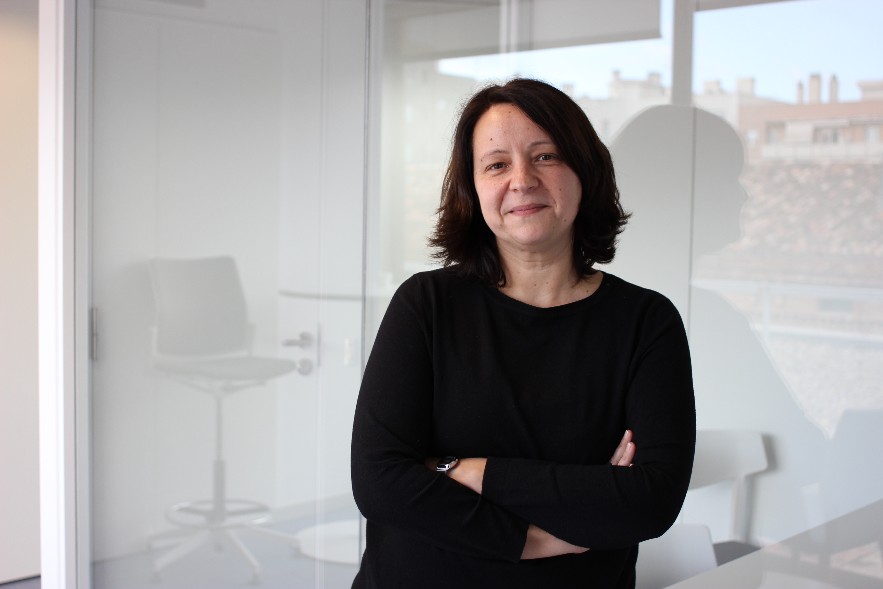
-
Форум
-
